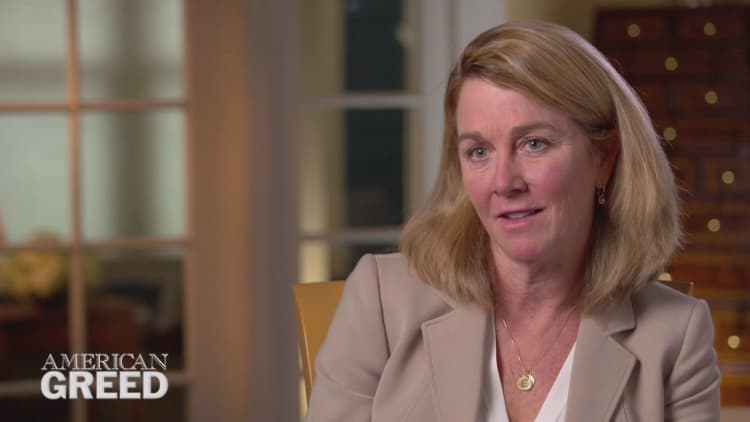If you expect to pass on millions of dollars to your spouse and kids, and re-evaluating your estate plan isn't on the front burner, maybe this will light a fire under you.
Depending on how your will is worded, your spouse could end up with a smaller portion of your estate than you intended due to the new estate-tax rules, says Brad Dillon, a senior wealth planner at the New York office of Brown Brothers Harriman.
Here's why: For wealthy people with wills drawn up before 2018, there's a chance no specific dollar amount is stated for how much should go into a trust for the decedent's children.
Instead, the will might refer to the "current federal estate-tax exemption amount" (or similar wording) that should be used in calculating the kids' inheritance. The remainder of the estate — intended to be the larger portion — is then directed to a trust for the surviving spouse.
The looming complication: That exemption amount has doubled to about $11 million in 2018 from $5.49 million in 2017.
In other words, for a $12 million estate, that generic wording in the will means $11 million would go to the kids' trust and $1 million to the spouse. And that may not be what you intended.
If the same person had passed away in 2017 with the same will, $5.49 million (last year's exemption amount) would have gone into the kids' trust and the remaining $6.31 million would have gone into the trust for the spouse.
"When some of these documents were written three, five or so years ago, no one anticipated [an annual] change to be this much," Dillon said.
U.S. wealth by the numbers
| Assets (excluding value of primary residence) | Number of people |
|---|---|
| $100k to $1 million | 30.5 million |
| $1 million to $5 million | 9.4 million |
| $5 million to $25 million | 1.26 million |
| $25 million or more | 156 thousand |
Source: Source: Spectrem Group Market Insights 2017
From 2011 through 2017, the estate tax exemption changed slightly year to year due to inflation adjustments. Rather than rewrite wills each year, it often made sense to avoid a specific number and instead include a calculation that instructs the executor to factor in the then-current exemption amount.
"If we don't review these documents, it could have the devastating consequence of not leaving anything for our spouse," Dillon said.
The higher estate-tax exemption amount of about $11 million, which will be adjusted annually for inflation, is in effect for tax years 2018 through 2025 before returning to the lower amount (which also will adjusted for inflation). Amounts in excess of the exemption that do not go to a spouse or charity generally are taxed at 40 percent, according to the Tax Policy Center.
This estate-planning strategy — using two trusts to provide for a spouse while using the estate-tax exemption to pass on assets tax-free to children — is common, Dillon said.
"It's been the most tax-efficient way to do it," he said. "You take advantage of the exemption, and there's no estate tax on a transfer to the spouse."

The same potential for a misdirected windfall could also arise in wills that direct the federal exemption amount to go to grandchildren. Generation-skipping transfers come with a federal exemption from taxation that mirrors the estate tax exemption.
"If you leave the full exemption amount to grandkids, and the rest goes to your kids … depending on the size of the estate, you could end up leaving all of the money for your grandchildren and none for your children," Dillon said.
While estate-planning attorneys are likely reviewing all client documents in light of new tax law, it's worth reaching out to your advisor if you haven't already.
"It's incumbent on individuals or family members to reach out to their estate planner to make sure all documents conform with the new tax law and still conform with their wishes," Dillon said.
More from Personal Finance:
Strategies for surviving the volatile stock market
Older patients recover from surgery faster if they 'train' for it
Grandkids come with big tax benefits, if you're raising them


